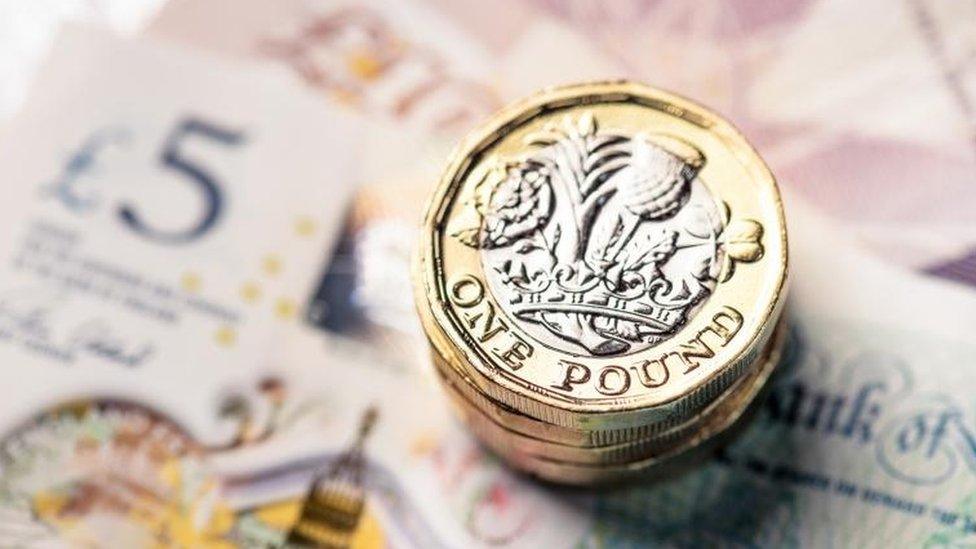Coronavirus: Two households 'can meet outdoors next week'
- Published
You can now meet up outside with people from another local household, but must keep your distance
Coronavirus restrictions in Wales are likely to be relaxed next week so people from two different households can meet each other outdoors, BBC Wales understands.
They will need to stay in their local area and remain two metres apart.
The changes will not come into force until Monday.
Other parts of the UK have loosened restrictions on meeting others. Further details are expected from First Minister Mark Drakeford on Friday.
Households are expected to be able to meet in gardens, as well as away from their homes. It has been illegal for groups of more than two people to meet since lockdown began in March.
In a Twitter video, Mr Drakeford thanked people for their "ongoing help and support and for all the sacrifices you have made".
"I know being separated from family and friends is difficult," he added.
What are the current rules?
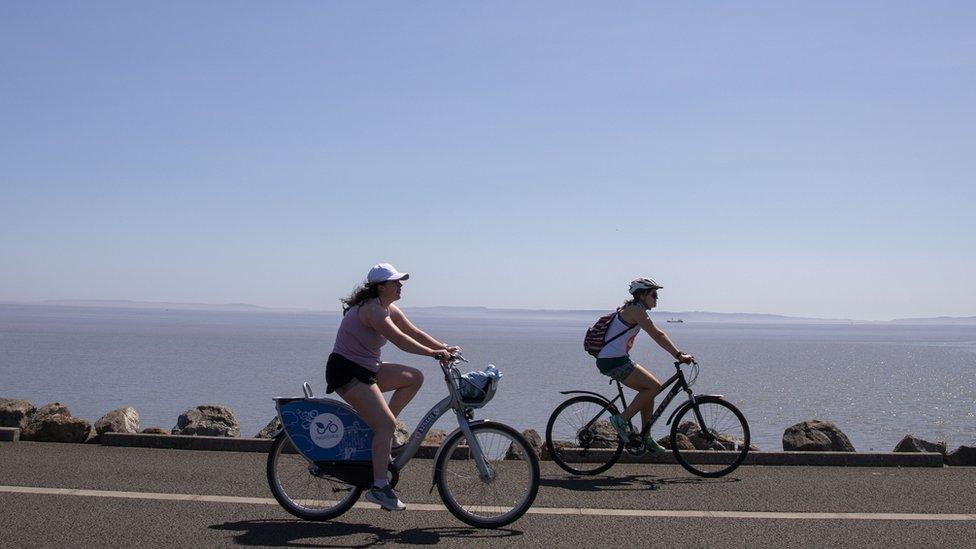
People can leave the home to exercise, including cycling
Since late March people have been told to stay home except for work, exercise and shopping for essentials.
Wales' exercise restrictions are more stringent than England's - people have been told to stay local and not to drive.
Most non-essential retail has been forced to close, alongside pubs and restaurants.
Exceptions include supermarkets, garden centres and pharmacies.
Schools are closed, but some are instead providing childcare for the children of key workers.
What is happening in other parts of the UK?
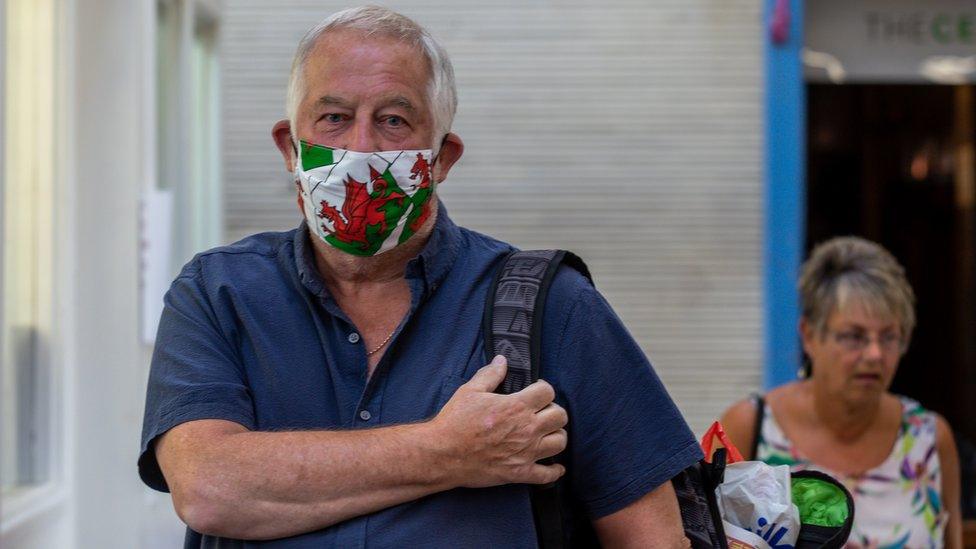
Different parts of the UK have different rules for lockdown
England, Wales, Scotland and Northern Ireland all have their own lockdown rules.
In England they are set by the UK government, led by Prime Minister Boris Johnson. In the other three countries they are set by their different governments.
Groups of six people will be able to meet outside in England from Monday.
In Scotland people will be able to meet their friends and family outside from this Friday.
The country's First Minister, Nicola Sturgeon, said people from two different households will be able to meet, but must keep two metres apart. They must also remain outdoors, and in groups of no more than eight.
In Northern Ireland groups of six people who do not share a household can meet outdoors.

The first minister has been dropping big hints for some time that his priority in lifting restrictions is to allow people to see friends and family if it can be done safely.
My understanding is the approach will continue to be cautious, with people likely to remain confined to their local area.
The strategy seems to be to make a small change and then keep an eye on the reproduction rate of the virus - the R number.
That means the rules in Wales may continue to differ from those in other nations of the UK, but Mark Drakeford believes that most Welsh voters support his cautious approach.

Health Minister Vaughan Gething has said that the R number - the rate that coronavirus is spreading - is the biggest factor in determining when lockdown measures can be eased.
If the R number is R2, it means a sick person is likely to transmit the virus to two other people.
The latest Welsh Government analysis suggests Wales' R rate remains between 0.7 and 1, "but still below 1". Officials want it to remain below one.
It is believed that an R of 0.8 would lead to 500 additional coronavirus deaths by the start of August and as many 7,000 if R reaches 1.1.
The Welsh Government has not set dates for when measures in Wales could be lifted, unlike England.
Current plans envisage a traffic light-style system of red, amber and green phases, external, with more restrictions lifted as they progress.
What has the reaction been?
The First Minister says that the easing of lockdown has looked at how to meet friends and family again.
Former Welsh Conservative leader Andrew RT Davies tweeted it was "great news for those with family and friends nearby".
But he asked what it meant for those who do not, "particularly in rural communities".
Plaid Cymru health spokesman Rhun ap Iorwerth said: "The people of Wales have generally adhered well to lockdown restrictions, and understand the need to take a cautious approach."
But he said the public would benefit from having a "clearer plan of how restrictions will be managed".
'Sensibly lift restrictions'
Darren Millar, Welsh Conservative spokesman for Covid Recovery, said the longer the lockdown continued, "the more difficult it will be for our economy to recover, the more jobs will be lost, and the more harm will be done to the education of our young people".
"With infection rates falling and pressures on the NHS easing, it's now essential that the Welsh Government begins to safely and sensibly lift restrictions so that families can be reunited, our economy can begin to bounce back, and our young people can get the education they deserve," he added.
Earlier on Thursday, Mr Drakeford and Boris Johnson, together with the first ministers from Scotland and Northern Ireland, spoke on the phone.
A Downing Street spokesman said the prime minister "remains determined to work closely with the devolved administrations".
- Published29 May 2020
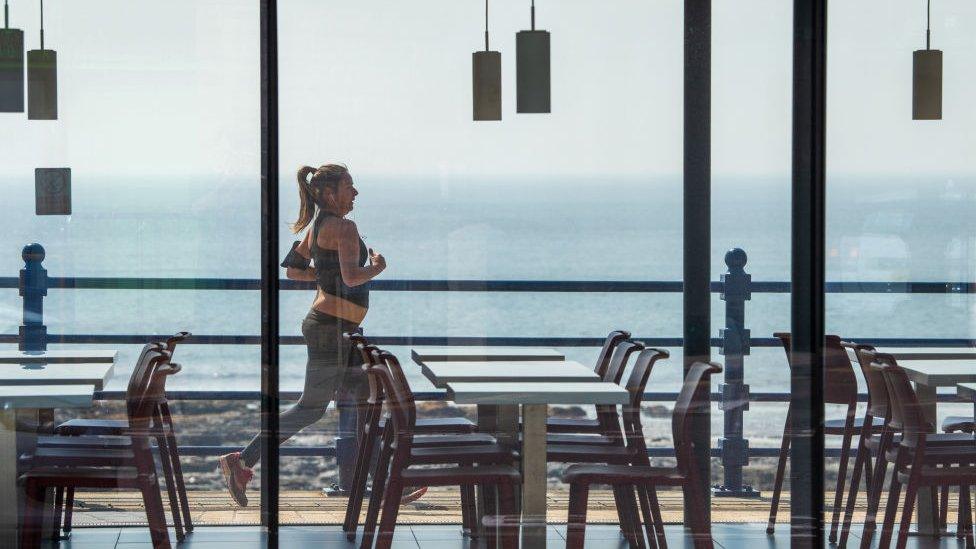
- Published27 September 2020

- Published7 May 2020
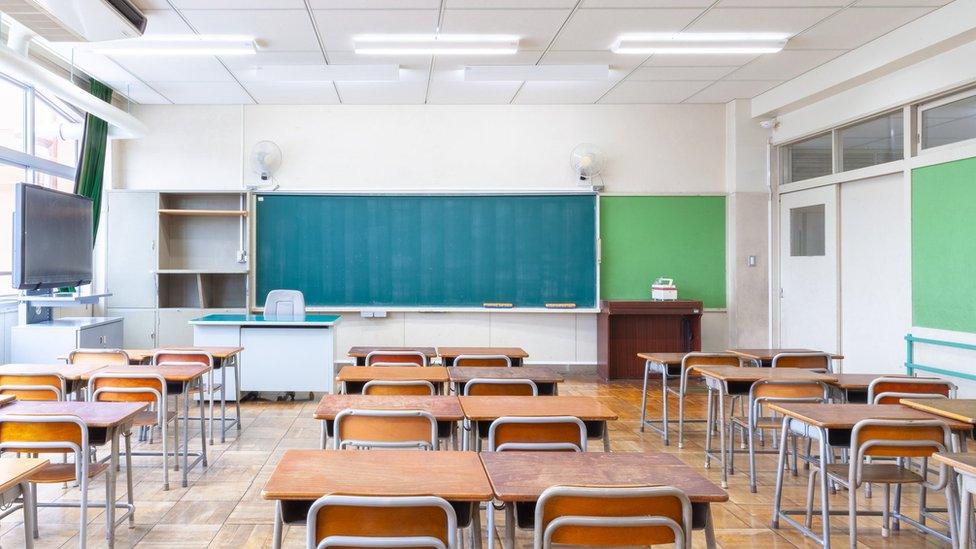
- Published28 May 2020
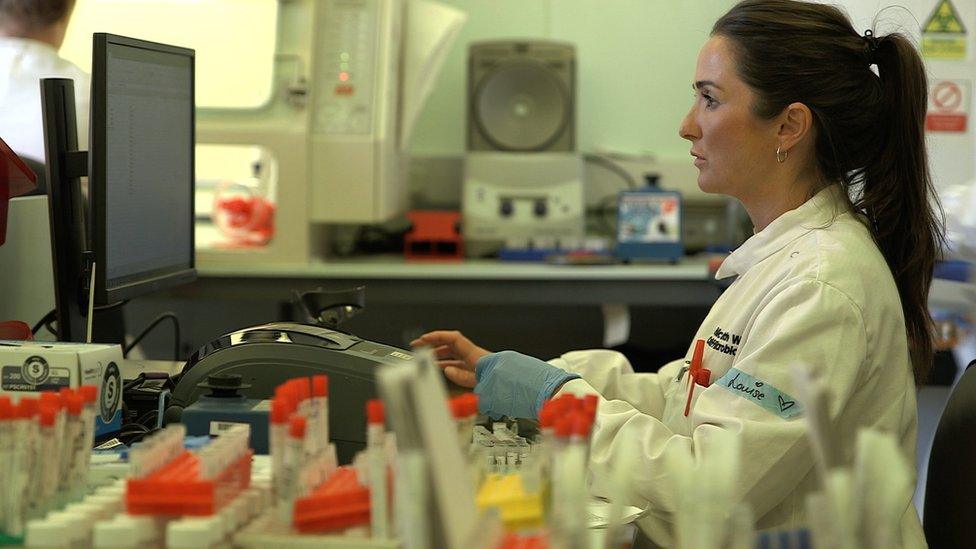
- Published28 May 2020
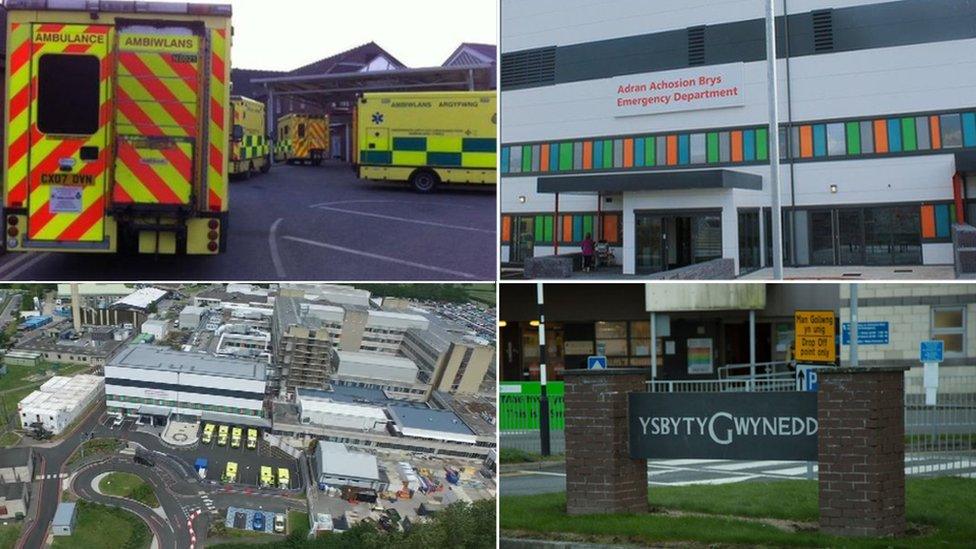
- Published27 May 2020
